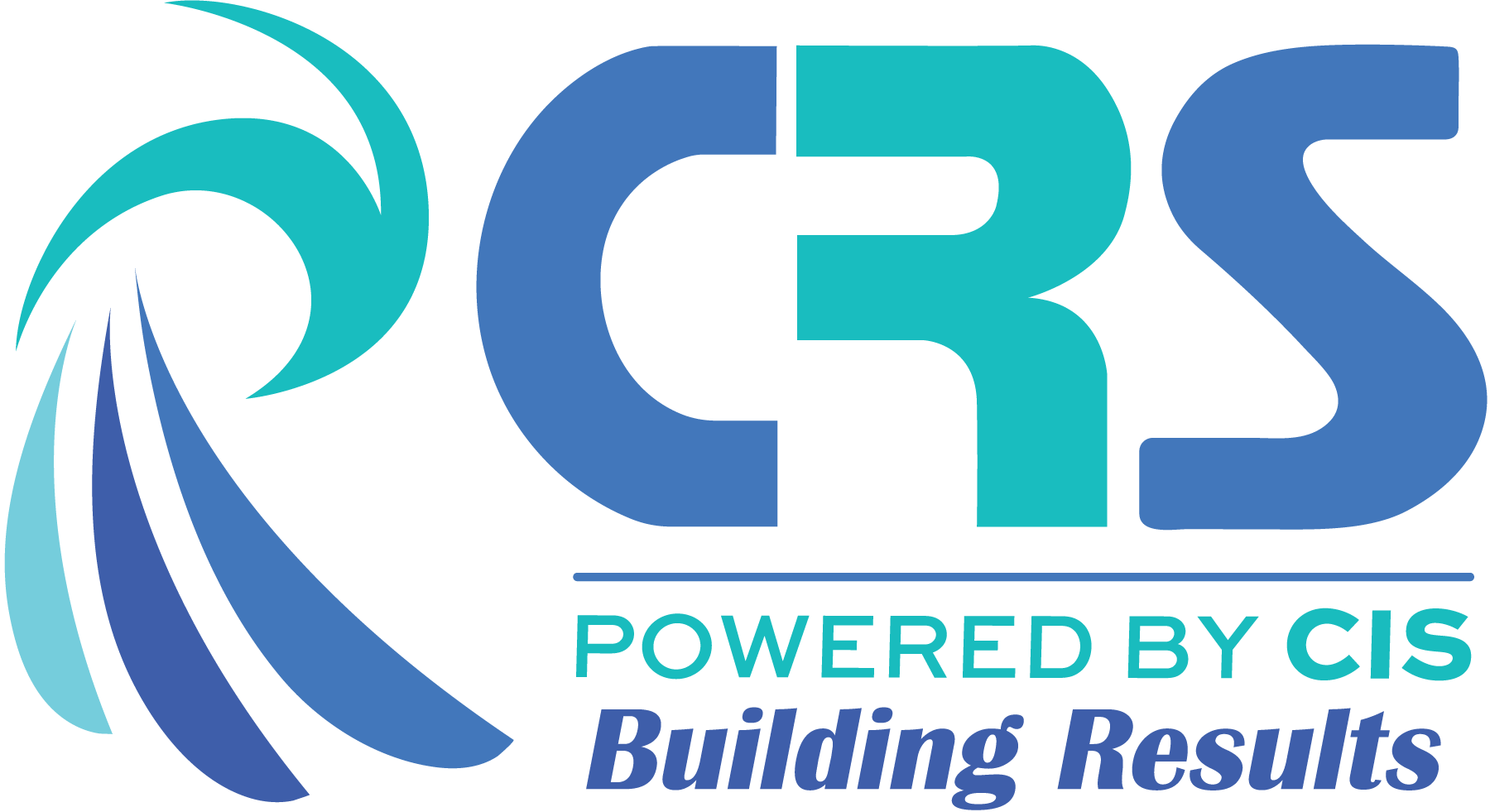I get that question a lot from folks asking, “What is this waiver of subrogation?” So, I thought it would be helpful to explain this concept, particularly in the context of workers’ compensation. Let’s dive into what a waiver of subrogation is and why it’s important.
What is a Waiver of Subrogation?
A waiver of subrogation is an agreement where one party waives the right to seek compensation from another party for damages or losses covered by insurance. In simpler terms, if an employee gets injured on a job site, a waiver of subrogation means that the insurance company cannot pursue a claim against the third party (such as a subcontractor or a client) to recover the costs associated with the injury.
Application in Workers’ Compensation
Primarily used in workers’ compensation, the waiver of subrogation is a crucial risk management tool. For instance, if you are a subcontractor, or if you are required to provide this waiver to a client or company you’re working for, it means you are agreeing to waive your right to subrogate. In the event that your employees get hurt on a specific site or project, you are waiving the right to seek reimbursement for any compensation paid out during that job.
Importance in Risk Management
The waiver of subrogation plays a vital role in risk management. Here’s why:
- Protection for All Parties: It protects you, your clients, and other third parties involved in the project. By waiving the right to pursue claims, it reduces potential legal battles and associated costs.
- Streamlined Claims Process: It helps streamline the claims process. Without the waiver, insurance companies might seek to recover costs, leading to complex and prolonged legal proceedings.
- Fostering Business Relationships: Providing a waiver of subrogation can strengthen business relationships. It demonstrates a commitment to protecting your clients and partners, fostering trust and collaboration.
Practical Example
Imagine you’re a subcontractor working on a construction project. If one of your employees gets injured and you have provided a waiver of subrogation to the general contractor, your insurance company cannot go after the general contractor for compensation. This ensures a smoother relationship between all parties involved and avoids potential legal disputes.
Conclusion
Understanding the waiver of subrogation is essential for anyone involved in projects where multiple parties are working together. It’s a key component of effective risk management, offering protection and fostering positive business relationships.
I hope this explanation helps clarify what a waiver of subrogation is and why it’s important. If you have any further questions on this topic, please feel free to contact me or send an email. Thank you so much for reading, and don’t forget to check out my other blog posts and videos for more information on related subjects!

